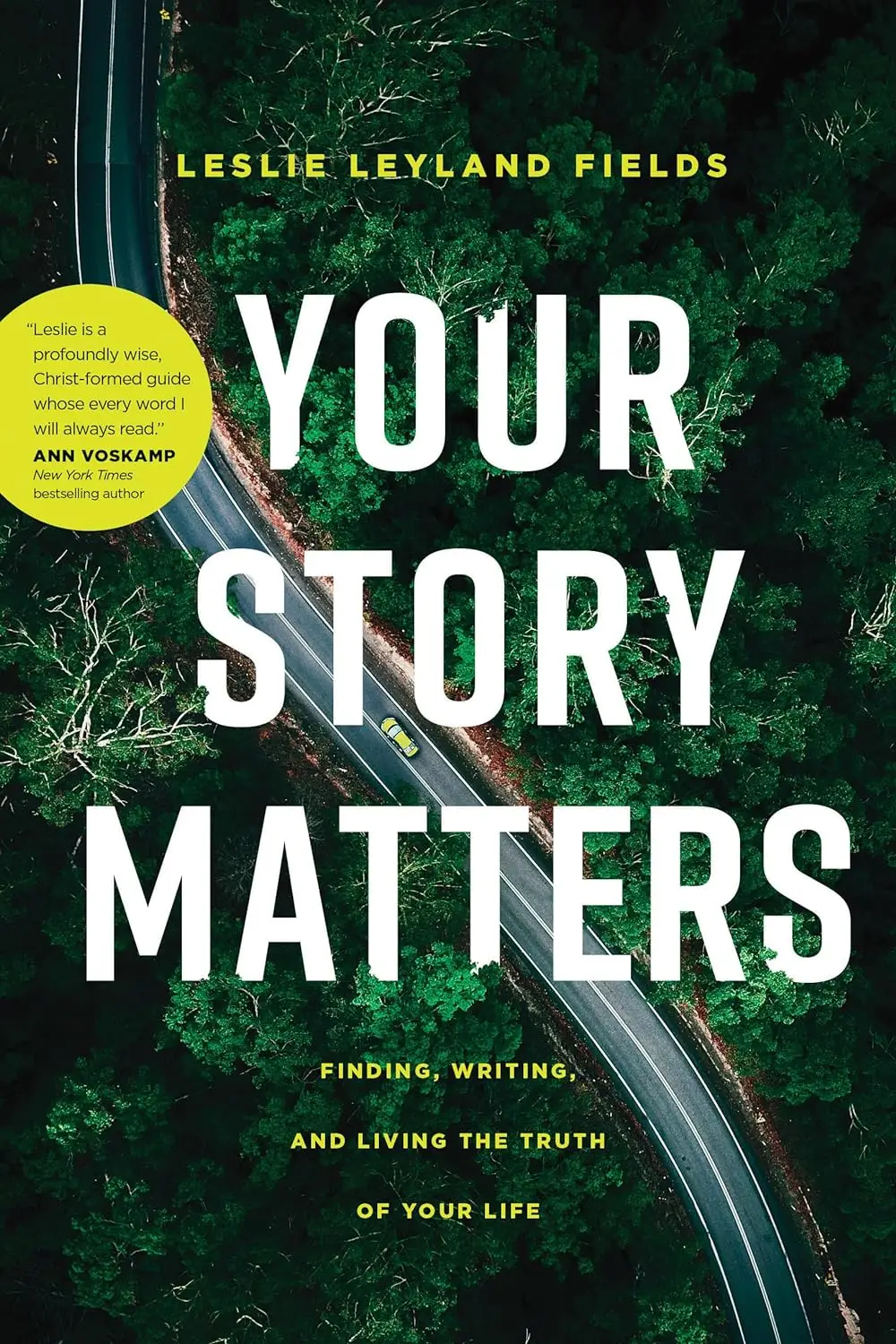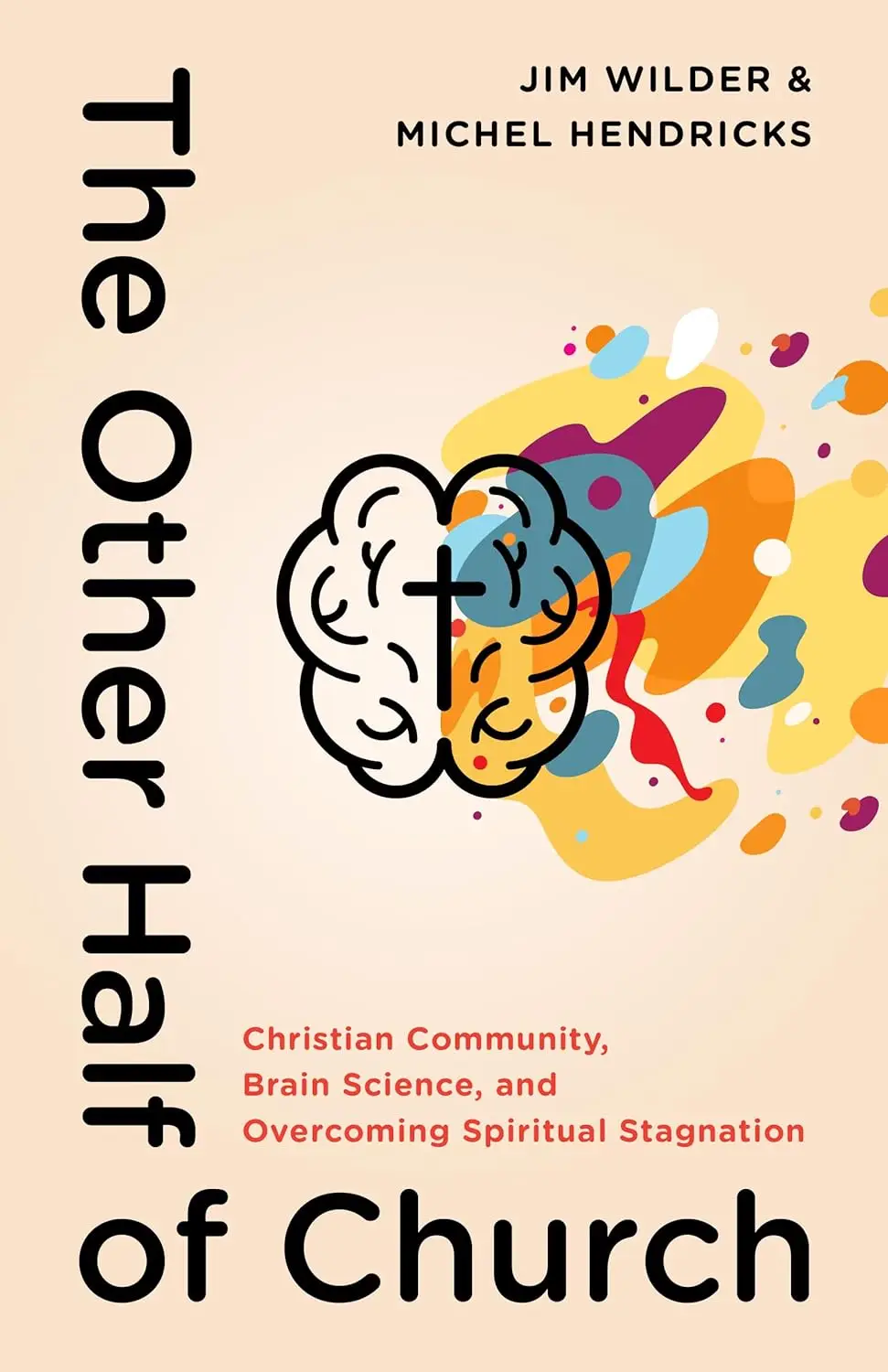In your relationships with one another, have the same mindset as Christ Jesus, who, being in very nature God, did not consider equality with God something to be used to his own advantage. Phil. 2:5-6
I went back to the scene of the crime last week…I returned to my old church for an event. It wasn’t a Sunday service (thank God), rather I attended graduation for my dear, sweet friend Rachel (an HH intern extraordinaire!). It was worth the discomfort to support my friend. Yet, I knew I’d need to gird my loins when I entered the building; I knew I’d be face-to-face with many of my abusers.1 But I was determined to overcome. I was tired of living as if there was something for which I had to hide or be ashamed.
And I conquered. Sort of.
I don’t mean to suggest I have superhuman powers that allowed me to push through the pain from betrayals of so-called brothers and sisters with whom my husband and I worked with, worshipped with, and walked beside for almost 15 years. I spent most of the ceremony devising a plan in my head to avoid the inevitable hug if I encountered one such “friend” I saw seated several rows away. But I was able to sit proudly with my friends near the front of the sanctuary without having a panic attack.
Author Mary DeMuth posed a question on X several weeks back, she asked “If you’ve been hurt in church, or if you’ve experienced spiritual abuse, what was the hardest thing to get over/work through?” My answer, “How God allows [abusive leaders] to continue ‘shepherding’ His church.” As I continue to witness many of my (previous) fellow church leaders moving on, ministering unscathed, even thriving…I feel like Asaph watching the prosperity of the wicked—constantly having to remind myself of their “end”—a future promise I struggle to believe in the difficult season of “not yet.”2
Last week I started processing the absence (and silence) of the women I thought were fellow colleagues in advocating for a woman’s care. The Favor You Enjoy Has an Expiration Date
This week, I came face to face with leadership in my own congregation (and seminary) who distanced themselves from me as well.
After reading my previous newsletter article, and recognizing the similarities between our experiences, Aaron Hann wrote an amazing post called Advocacy and Ambition. In it, he writes,
Advocacy and ambition do not mix. Ambition is rot in the foundation of care for victims, survivors, and those in crisis in the church.
This really helped me understand betrayal. I was fully aware that the ministry I founded, one that’s devoted to advocacy for victims, would more than likely be considered a tarnish on the otherwise pristine veneer of my celebrity3 church. I knew my days were numbered if I continued to speak out, to speak up for the oppressed. What I failed to factor in was how many devoted followers harboring their own aspirations for fame or power might join forces to help accomplish my demise.4 It makes sense now that previous “friends” chose to hover close to the spotlight rather than risk association with me. There’ll be no glamorous platform, publicity, or glowing accolades accompanying my work.5
Please don’t hear this article as me complaining. I struggled to write this type of post. But when I picked up Lamentations this morning, the Lord encouraged my processing and even supplied me with words.6 This is not moaning, it’s lament. And it’s not just for me. Many loved ones remain vulnerable to harm like what I experienced. So, here’s my list of questions for this week. We’ve been contemplating together the value of a woman-to-woman caregiving ministry in the local church. Today, the question I want to ask is, are you safe to report abuse in your local context? Consider the following,
Who was center stage in your sanctuary last Sunday? (I’m not talking about the physical stage)
Who is flourishing in your church? Who is encouraging that formation? Are any people groups (age, gender, political agenda, socio economic position, education preferences) being diminished?
Did your senior pastor search committee seek a charismatic personality? Did you? This question is not meant to cause shame. I, too, have previously been seriously misguided as to the type of person fit for the calling of shepherd.
What happened the last time someone reported abuse in your church?7 The last time someone was accused of abuse? What happened if they were a friend or colleague of church leadership?
How does church leadership talk about abuse in their sermons? On their blogs or Substack? On their podcasts? Publicly? In private (if possible to discern)?
How does church leadership depict the oppressed, diminished, or vulnerable biblical characters in their sermons?8 Who are the oppressed, diminished, or vulnerable biblical characters according to church leaders?
Who is in the “inner circle” of church leadership? Who is outside the camp (and why)?
How does leadership describe their role and responsibilities?9 What is their training? How about expertise on the topic of abuse? Do they speak as an authority on many subjects despite proficiency in those spaces? Handling reports of abuse “in house,” for example is a significant warning sign.
What’s at stake in your church? What’s at stake for ministry leadership? The denomination? Is there a pattern of circling the wagons—defending an image—protecting those in leadership rather than the vulnerable?
To what degree is your pastor shielded from the congregation? From the church elder board or session (i.e. by an Executive Leadership Committee, for example)? To what degree are they shielded from accountability?
Just one last thing comes to mind to be aware of, especially because of my own situation. I’d suggest you think about whether you ever heard someone in leadership say something and think, “That’s not true,” but brushed it off. Or conversely, have you ever heard something from leadership and you thought, “I wonder if that’s true,” but then not questioned anything or talked with anyone else about it? If so, you may have already been conditioned to maintain your leader’s reputation. You’re going to need to work hard to keep your antenna up when asking any of the above questions.
If you’re a woman considering whether your church is a safe place to share your most devastating circumstances, be clear on what you think makes it safe. The answers for the questions above are a great place to begin. Another helpful exercise would be to evaluate your church culture using Wade Mullen’s observations from, Something’s Not Right.10
A safe community gives people the freedom to say something’s not right. A safe community searches for understanding until what doesn’t seem right is clearly identified, named, and described. A safe community addresses what isn’t right, even if it means putting their own reputation on the line. And if the system itself isn’t right, then a safe community will consider whether its presence is part of the problem. A safe community gives no room for the language of abuse to spread because it keeps the lights on. In that light, truth moves freely. People do not keep their stories to themselves for fear of how others will respond. In a safe community, grooming is confronted before a person is victimized. In a safe community, truth telling increases as the strategies of deception are more easily spotted, first in ourselves and then in others.
“Light” is a very important concept in the Christian experience. Jesus Christ is the light, come into this world, revealing darkness, and shining a light on the path to eternal glory. Light, from above, is a gift. All other light is derivative and dim (at best), a shadow in comparison. If you sense there’s any desire by your leaders to derive warmth in the presence of a mere shadow, RUN. Ambition is rot in advocacy.
1. This word may be arguable or seem like an exaggeration. God does not hesitate naming shepherds who cause His sheep harm for what they are… “wild animals.” (Ezek. 34:28) “When someone treats you as an object they are willing to harm for their own benefit, abuse has occurred, and that person has become an abuser.” Wade Mullen, Something’s Not Right, 2.
2. I don’t wish those who betrayed us harm. Although I do find myself praying imprecatory prayers more often. Instead, I’m afraid for the destruction they may continue to cause my friends and family who remain under their “authority.” I know many of you navigate this same headspace too. We’re hoping to offer an [H] Institute on Imprecatory Psalms this coming Spring of 2025.
3. In yet another bizarro moment during the CCC investigation into HH practices, when the final nail for the Help[H]er book and resources coffin had been set, one of my pastors told me our church would not “platform another ministry or person.” Sadly, I don’t think the “other” preexisting platform he was referencing was God’s.

“A megachurch pastor who has an audience of thousands every week has what is called a “platform” (rather than an “audience”) when the numbers themselves are seen as the work. (And don’t get me wrong: it may have taken work to get that audience. But the audience is not the work.)” Karen Swallow Prior, Part 2: Platform, Publishing, and Perspective.
4. The term for this is “flying monkeys.”
5. Nor should there be…a servant called to care for His sheep joins with Christ in His sufferings.





